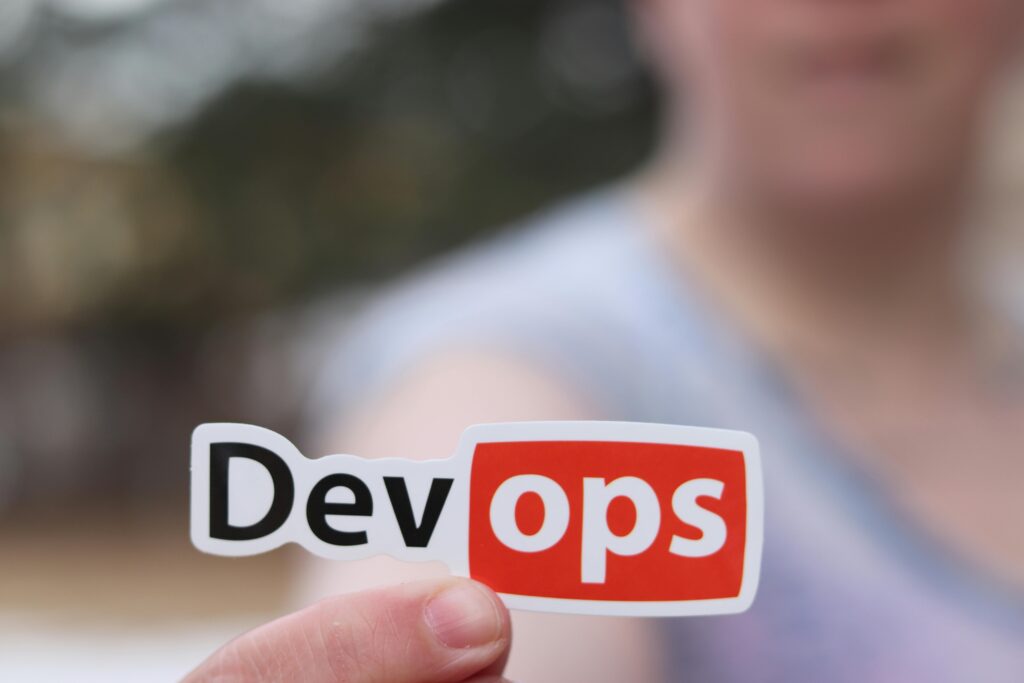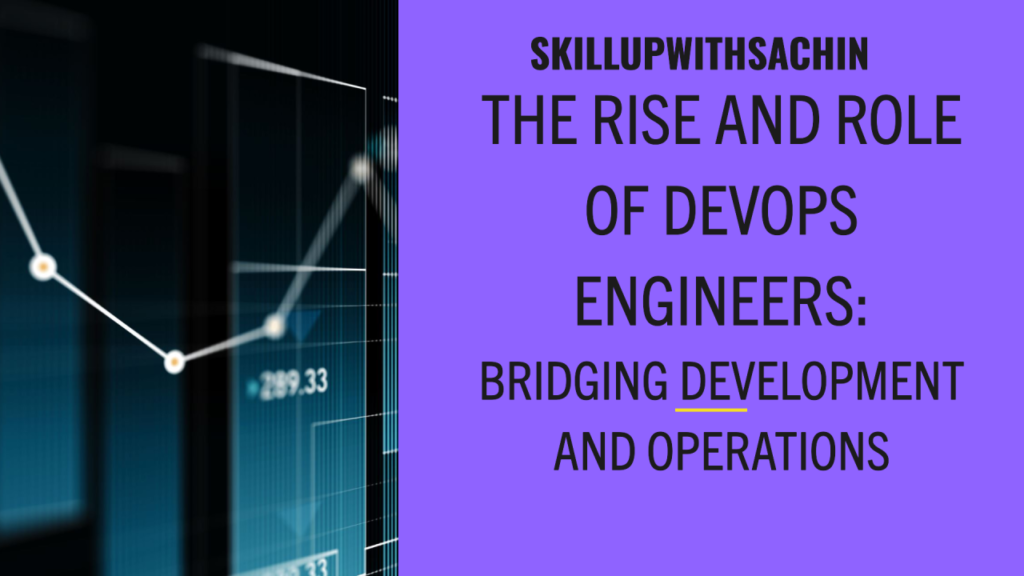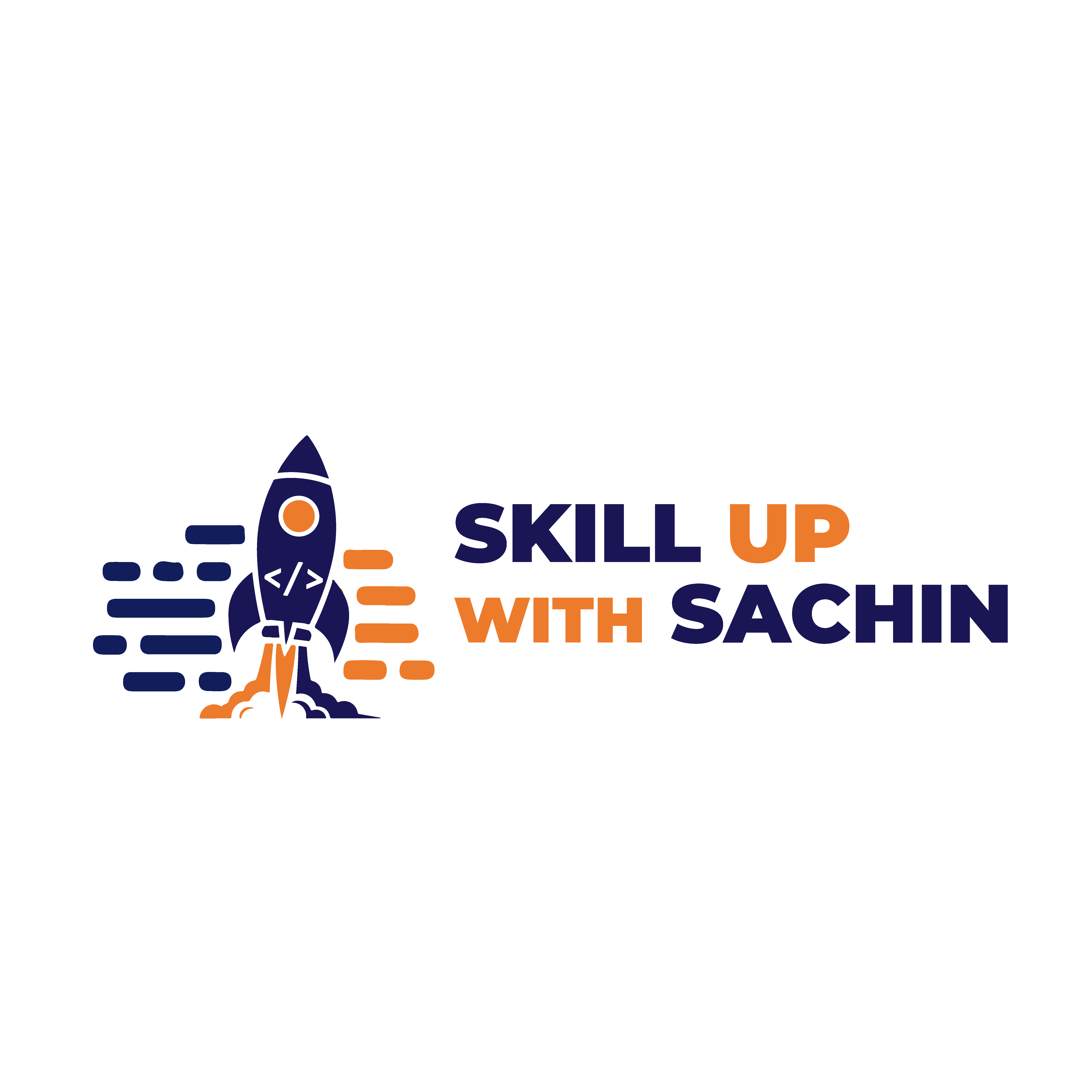Common Mistakes we do while Configuring Prometheus and AlertManager on EKS Cluster

Prometheus and AlertManager are one of the most in-demand tools used for Monitoring & Alerting in the industry currently. They are one of the efficient tools to be used for monitoring your EKS cluster along with the custom metrics you are pushing.However, with this configuration we tend to make lot of mistakes which makes our deployment difficult. I have tried to collate all the common mistakes we do while configuring and deploying Prometheus and AlertManager which will help us to deploy the Prometheus stack in smoother way. Configuring Prometheus and Alertmanager on an Amazon EKS cluster can be a bit complex due to the various components involved and potential pitfalls. Here are some common mistakes that people might make during this process: Prometheus needs to be able to discover and scrape the metrics endpoints of your applications. Incorrectly configuring service discovery, such as using incorrect labels or selector configurations, can result in Prometheus not being able to collect metrics. Fix: Ensure correct labels and selectors for Kubernetes services and Pods. 2. Improper Pod Annotations or Labels: In Kubernetes, pods need to have appropriate annotations or labels to be discovered by Prometheus. If these annotations or labels are missing or incorrect, Prometheus won’t be able to locate the pods for scraping. Fix: Add the correct Prometheus Annotations or Labels to your pods. 3. Insufficient Resources: Prometheus can be resource-intensive, especially as the number of monitored targets increases. Failing to allocate sufficient CPU and memory resources to your Prometheus pods can lead to performance issues and potential crashes. Fix: Allocate sufficient resources to Prometheus Pods 4. Misconfigured Retention and Storage: Prometheus stores time-series data, and its retention and storage settings need to be properly configured to match your use case. Failing to do so can result in excessive storage usage or data loss. Fix : Configure retention and storage settings in Prometheus configuration.
Do you know, How does AutoScaling Works in AWS ?

AutoScaling in AWS !! It’s a very hot topic and we need to understand how autoscaling happens , how does the load balancer work. Have you ever thought how Netflix, Hotstar and Amazon handle their load in peak hours. They have great scalable architecture with load balancer and multiple components which together helps them to handle the load. In this video, I have talked about Network Load Balancer. Subscribe, Share and Like.
DevOps in the Kitchen: Demystifying Virtualisation and Containerisation with DevOps

In today’s fast-paced tech world, terms like virtualization and containerization are often thrown around. Understanding these concepts can be complex, but analogies can make them easier to grasp. Let’s dive into these essential technologies using a relatable kitchen analogy and see how they fit into the DevOps landscape. Virtualization: The Professional Kitchen Imagine a bustling, professional restaurant kitchen. This kitchen is large and equipped to handle multiple chefs preparing different dishes simultaneously. Each chef requires their own set of tools and ingredients to prepare their unique dishes. However, instead of having separate kitchens, they all share the same space and resources. Key Points: Containerization: The Food Trucks Now, imagine instead of a large kitchen, the chefs work in food trucks. Each food truck is compact, containing everything the chef needs to prepare and serve their dish. These food trucks can be parked anywhere and moved around easily. Key Points: DevOps: The Integrated Restaurant In a traditional restaurant setup, the kitchen (development) and the serving area (operations) often work in silos. This can lead to delays and miscommunication. DevOps transforms this by integrating these teams for better collaboration and efficiency. Key Points: Challenges of DevOps While DevOps offers numerous benefits, it also comes with challenges: Docker Terminology Docker is a platform that helps developers create, deploy, and run applications in containers. Think of Docker as a tool that allows you to package an application along with everything it needs to run (like code, libraries, and settings) into a neat, portable box called a container. Here’s a breakdown of some key Docker terminologies explained in simple terms: Conclusion Understanding virtualization and containerization through the kitchen analogy helps demystify these concepts. Virtualization is like having multiple chefs working at isolated workstations in a shared kitchen, while containerization is like chefs operating independent food trucks. DevOps, on the other hand, is about integrating the kitchen and serving teams for better efficiency and collaboration. By adopting DevOps, organizations can break down silos, streamline processes, and continuously improve their delivery pipeline, ensuring that their customers receive the best possible experience. However, it’s essential to address the cultural, skillset, and security challenges to fully reap the benefits of this approach.
A PRACTITIONER’S PERSPECTIVE OF DEVOPS: REGULAR COMPLIANCE AND AUDITS

Checkout my final article on “Ensuring Security and Compliance in DevOps” . Security is key pillar at each stage of DevOps lifecycle and continuous security along with right set of compliance and audit checks should be maintained within an application. Source: Securonix
The Rise and Role of DevOps Engineers: Bridging Development and Operations

In today’s fast-paced tech landscape, the role of a DevOps engineer has become indispensable. As someone who has spent nearly a decade in this field, I’ve witnessed firsthand the evolution and impact of DevOps on software development and IT operations. Let’s dive into what makes this role so crucial and how you can embark on a successful career in DevOps. The Evolution of DevOps The journey of DevOps began as a response to the traditional silos between development and operations teams. In the early days, developers focused on writing code, while operations teams were responsible for deploying and managing applications. This separation often led to inefficiencies, miscommunication, and longer development cycles. DevOps emerged as a solution to bridge this gap. It emphasizes collaboration, automation, and continuous improvement, allowing organizations to deliver software faster and more reliably. As DevOps practices matured, the demand for skilled professionals who could navigate both development and operations grew exponentially. The Role of a DevOps Engineer A DevOps engineer wears many hats. They are the glue that binds development and operations, ensuring that the software development lifecycle is smooth and efficient. Here are some key responsibilities: Skills and Qualifications To excel as a DevOps engineer, a blend of technical and soft skills is necessary. Here’s a roadmap to get you started: Gaining Experience Hands-on experience is key to becoming a proficient DevOps engineer. Here are some ways to gain practical knowledge: The Future of DevOps As organisations continue to embrace digital transformation, the demand for DevOps engineers will only grow. The role is evolving, with a greater emphasis on AI and machine learning to automate even more processes. Staying curious and continuously learning will be key to keeping up with these advancements. Achieving Goals in DevOps Setting and achieving goals requires a clear understanding of one’s values and breaking down large goals into manageable tasks. Continuous learning and skill development, rather than just aiming for titles, can provide a more fulfilling and progressive career path. Being a Change Agent DevOps engineers often act as catalysts for change, promoting new practices and bridging gaps between different teams. They need to cultivate an environment of safety, learning, and collaboration, encouraging small, incremental changes and celebrating successes. Recruiter Insights Career Pathways In conclusion, the rise of DevOps engineers marks a significant shift in how we approach software development and operations. By bridging the gap between these traditionally separate domains, DevOps engineers enable faster, more reliable software delivery. If you’re passionate about technology and enjoy solving complex problems, a career in DevOps can be incredibly rewarding.


